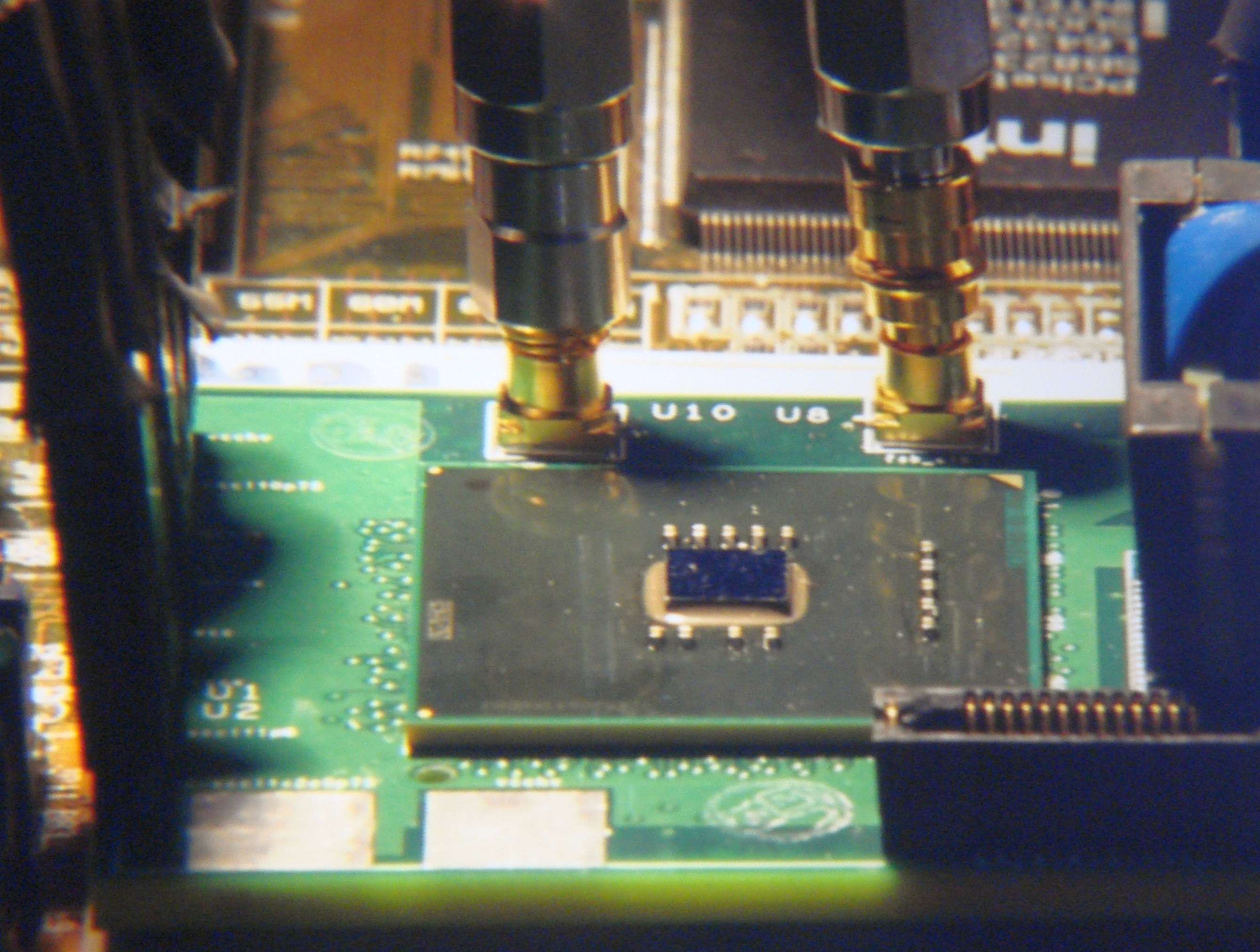Intel's solar-powered CPU prototype
Claremont goes under the spotlight

Justin Rattner, Intel Chief Technical Office, today showed off a prototype CPU with such a low power rating that it can run from a solar cell the size of a postage stamp.
Code-named Claremont the Pentium-class processor is capable of operating at less than 10mW and still run operating systems such as Linux or Windows.
"It's part of our long standing obsession with power reduction," said Intel CEO, Paul Otellini when he showed a sneak peak of the setup on Tuesday.
The huge power saving has been made possible by operating the transistors in the processor at near their threshold voltage.
The threshold voltage is the voltage at which the transistor turns on.
Today's processors operate at several times the threshold voltage in order to up the performance at the expense of power usage. If you run the transistors at closer to the threshold voltage you can make huge gains in efficiency.
The Claremont prototype manages a 5x increase in energy efficiency by making this change.
Sign up for breaking news, reviews, opinion, top tech deals, and more.
As a genuine, old Pentium core the gains are impressive, but this is purely a tech demo at the moment and processors designed from the ground up to run this way would be far more efficient.
Still, one of the benefits of operating that close to the threshold voltage is that it gives a wide, dynamic range to the operating frequency.
That means while it can run lower than 10mW in an OS you can also ramp up the power to improve performance when needed.
Rattner demonstrated a second setup running the prototype Claremont CPU at 10x the speed of the first demo. That machine was then capable of playing Quake.
All while still being powered by that same tiny solar cell.
Currently it's only the CPU itself that's being solar-powered, with the rest of the system still being powered by a traditional PSU.
Eventually though there will be a platform to partner such low-voltage CPUs, though at the moment there are no plans to productise solar-powered PCs.